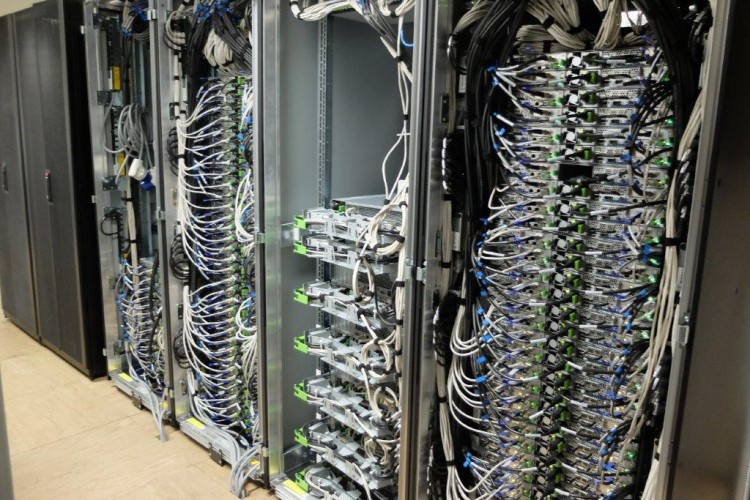(Author: J. F. Caseiro, P. Alberto)
Technological Center for Mouldmaking Special Tooling and Plastic Industries (CENTIMFE), Marinha-Grande, Portugal
Laboratory for Advanced Computing – University of Coimbra, Coimbra, Portugal
Description/Scientific objectives and goals: With the evolution of vehicular motorization, and in particular the use of electric motors, the noise related to the working engine has been significantly reduced. Consequently, noise sources that might have been considered as minor, are now more relevant. In particular, the Heat, Ventilation and Air Conditioning (HVAC) system of an automobile has a significant impact in the perception of acoustic comfort of the users.
Numerical simulation using Computational Fluid Dynamics (CFD), of the airflow in an automotive HVAC system allows the assessment of the noise generated by the airflow by means of Computational Aero-Acoustic models. However, these models require the use of Scale Resolving strategies which must be combined with very fine meshes and small time steps. These conditions give rise to complex numerical models that may require several weeks of execution time. This time can be significantly reduced by employing High-Performance Computing (HPC) resources.
Using 64 cores distributed between two nodes of the Navigator Cluster from the Laboratory of Advanced Computing (University of Coimbra), it was possible to obtain a reduction factor of 12.3 when compared with a 4-core research workstation. The complete numerical simulation, which compares well with experimental results, required a total of about 144 h on the Navigator. That simulation would take, approximately, 74 days if run in the local research workstation.
It can be concluded that there are significant benefits from using High-Performance Computing for realistic simulations needed to develop new products in the Mould Making and Plastic Industries. This result is especially relevant in the context of Small or Medium Enterprises (SMEs) that do not have available in-house the processing hardware required to solve complex and time-consuming computational models. These companies are the ones which would have bigger benefits when using HPC, by optimizing their processes, increasing productivity, and reducing costs related to new product development.
